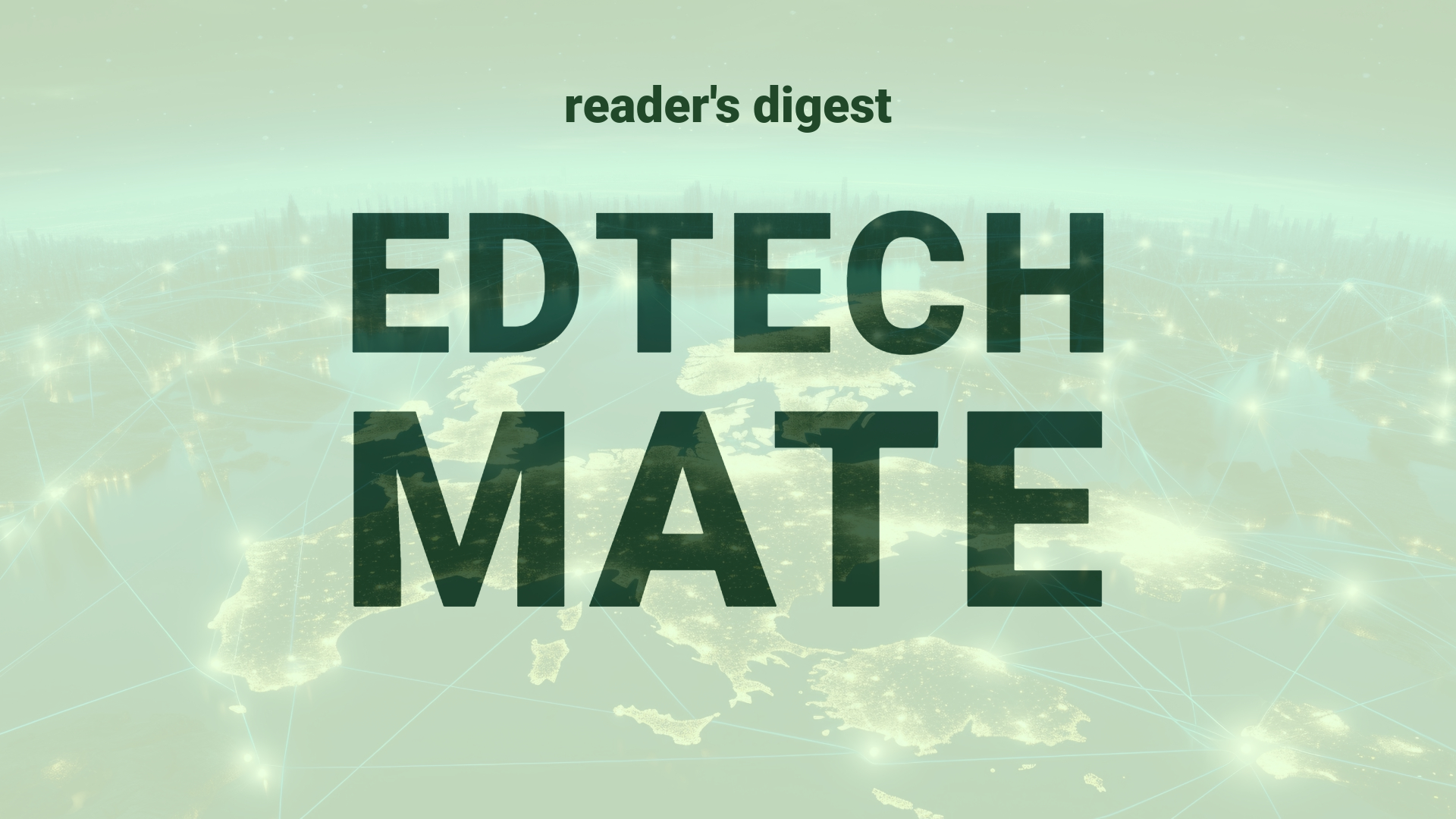“`html
Executive Summary and Main Points
“`The content elaborates on personal attributes and external strategies that help secure a successful career in Academia, emphasizing passion, networking, adaptation, resilience, autonomy, and a supportive personal relationship. Innovations in academic career progressions such as strategic networking and adaptability align with trends in digital transformation and international education. The rise of these trends coincides with the digitalization era, shifting traditional meritocracy to a more network-influenced landscape within global higher education dynamics.“`html
Potential Impact in the Education Sector
“`The highlighted insights could affect Further Education and Higher Education through an increased focus on networking for opportunity creation, signaling a potential shift towards valuing social capital alongside academic merit. Adaptation and resilience can foster innovation, making institutions more responsive to the latest advancements and research funding landscapes. In the context of Micro-credentials, the emphasis on adaptability and resilience could encourage more personalized, flexible learning pathways and partnerships between educational providers and industries—accelerating the uptake of digital credentials in response to labor market needs.“`html
Potential Applicability in the Education Sector
“`AI and digital tools have the potential to facilitate networking, enabling academics to identify and engage with influential peers and industry leaders globally. Digital platforms can foster collaboration and grant applications, while AI-driven personal learning environments can support autonomous academic endeavors. Moreover, AI algorithms could match academics to potential funding sources based on their research interests and history, optimizing the adaptation process within research prioritization.“`html
Criticism and Potential Shortfalls
“`While networking and adaptability are lauded, they may perpetuate inequities by privileging those with existing connections, possibly undermining a pure meritocracy. The increased competition and pressure to adapt may also exacerbate academic stress and mental health issues. Real-world cases show varying degrees of reliance on networks across different cultures, which might not translate universally. Ethical considerations concerning autonomy and the support of personal relationships highlight potential conflicts between personal and professional aspirations.“`html
Actionable Recommendations
“`Educational leaders should cultivate environments where networking is facilitated ethically and inclusively, utilizing technology to bridge gaps between academics globally. Institutions might invest in mentorship programs harnessing AI analytics to ensure equal opportunities for all scholars, regardless of personal networks. For adaptation and resilience training, universities could offer workshops and digital toolkits to help academics navigate the evolving research landscape. Also, career support services for partners of academics could help mitigate the personal toll of geographical mobility within global higher education careersOnly stick to the instructions I gave you above, nothing else.

